10 Best Billy Wilder and Charles Brackett Movies, Ranked
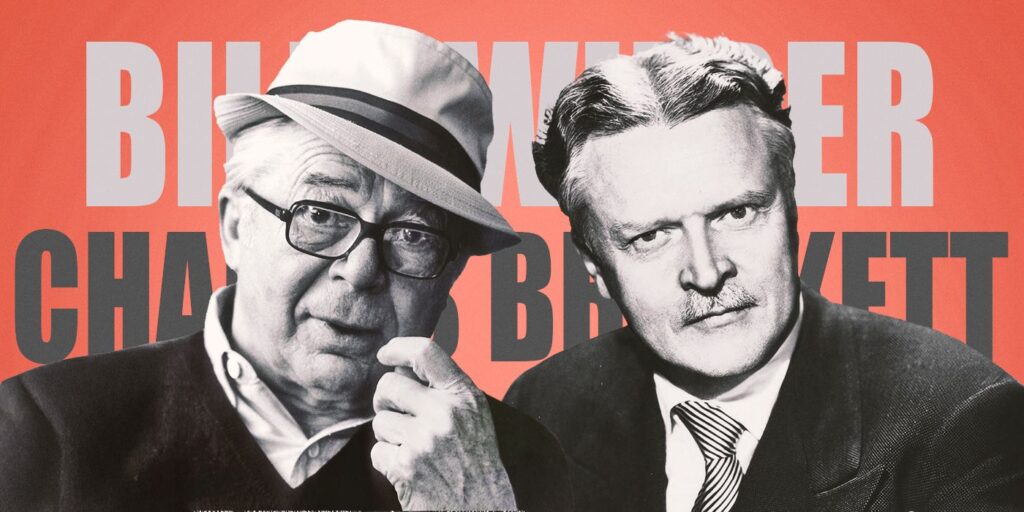
Few cinematic partnerships have shaped classic Hollywood storytelling like the one between Billy Wilder and Charles Brackett. They penned more than a dozen scripts together, many of which Wilder himself directed. Their collaborative run throughout the late 1930s and 1940s was marked by sharp wit, biting cynicism, and an uncanny ability to blend genres with emotional nuance.
Together, they brought a kind of literate elegance to screenwriting that was both accessible and subversive, often slipping daring themes past the censors. In the process, they created more than a few classics. With this in mind, this list ranks the ten best movies based on scripts co-written by the dynamic duo. The ranking will be based on the quality of the screenplays, the movies’ overall quality, and their legacy and contribution to modern cinema.
10
‘The Emperor Waltz’ (1948)
Directed by Billy Wilder
“Just because you once made love to me, you think you can insult me?” With The Emperor Waltz, Wilder trades the cynicism of his noir roots for a Technicolor romance set in the Austrian Alps. Bing Crosby leads the cast as a brash American phonograph salesman who stumbles into an aristocratic world while trying to pitch his wares to Emperor Franz Joseph. There, he meets a countess (Joan Fontaine) whose icy demeanor predictably melts under his casual charm.
While the plot is light and the tone flirtatious, the film slyly critiques class structure, cultural imperialism, and the idea of American optimism bulldozing through Old World formality. The film is a fable at heart, built less on historical authenticity than on the fantasy of cultural clash. It’s frothy, but never stupid, and Wilder’s ironic sensibility still peeks through the pastel sheen. The result is a playful, beautifully staged slice of romantic escapism with just enough flair to make it memorable.
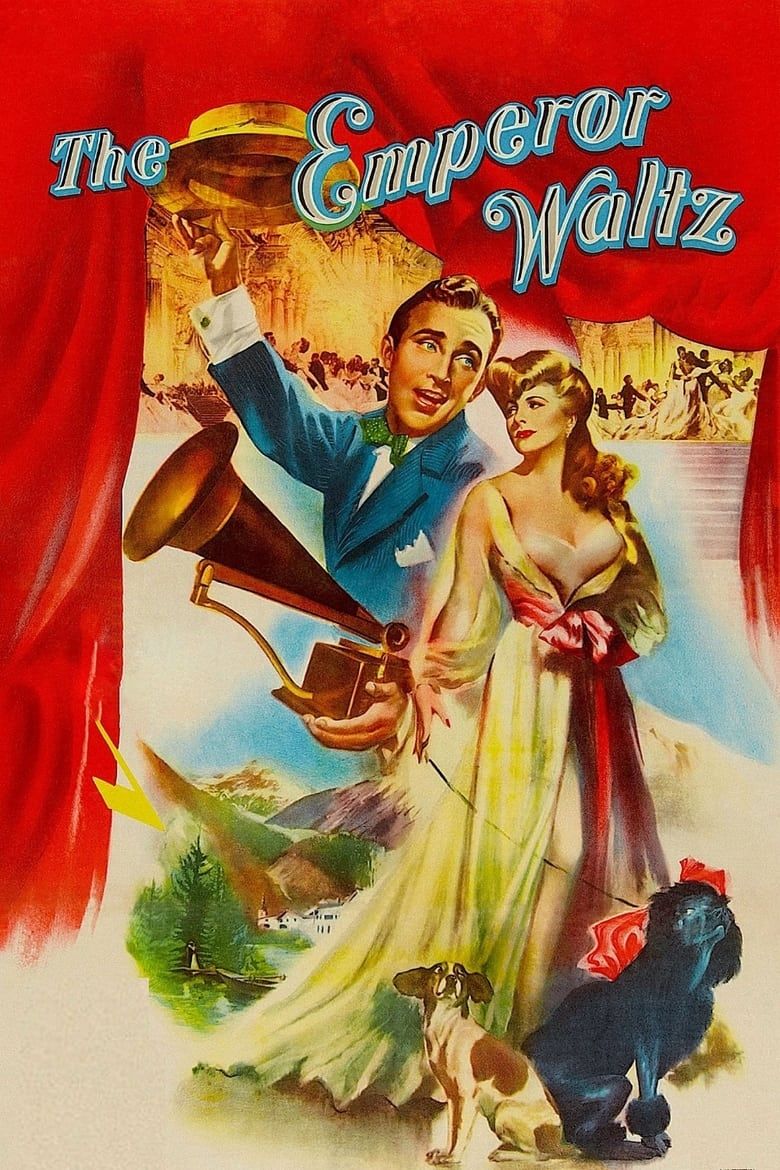
The Emperor Waltz
- Release Date
-
July 2, 1948
- Runtime
-
106 minutes
- Director
-
Billy Wilder
9
‘Hold Back the Dawn’ (1941)
Directed by Mitchell Leisen
“You have to be American to take America for granted.” In Hold Back the Dawn, Charles Boyer plays Georges Iscovescu, a Romanian gigolo stranded in a Mexican border town, desperately scheming to enter the United States. His solution? Marry an unsuspecting American woman and secure a visa. Enter Olivia de Havilland as Emmy, a schoolteacher whose kindness catches Georges off guard. What begins as manipulation surprisingly turns into something sincere.
Wilder and Brackett’s script balances irony with compassion, portraying Georges not as a villain but as a man caught between desperation and the dream of reinvention. The writers also manage to imbue the movie with both romantic yearning and pointed social commentary. There’s a sadness to the story’s optimism, a recognition that love, even when real, doesn’t always come at the right time. De Havilland, in particular, gives a heartbreaking performance, especially as her character begins to suspect that her fairy-tale romance may not be as honest as it seems.
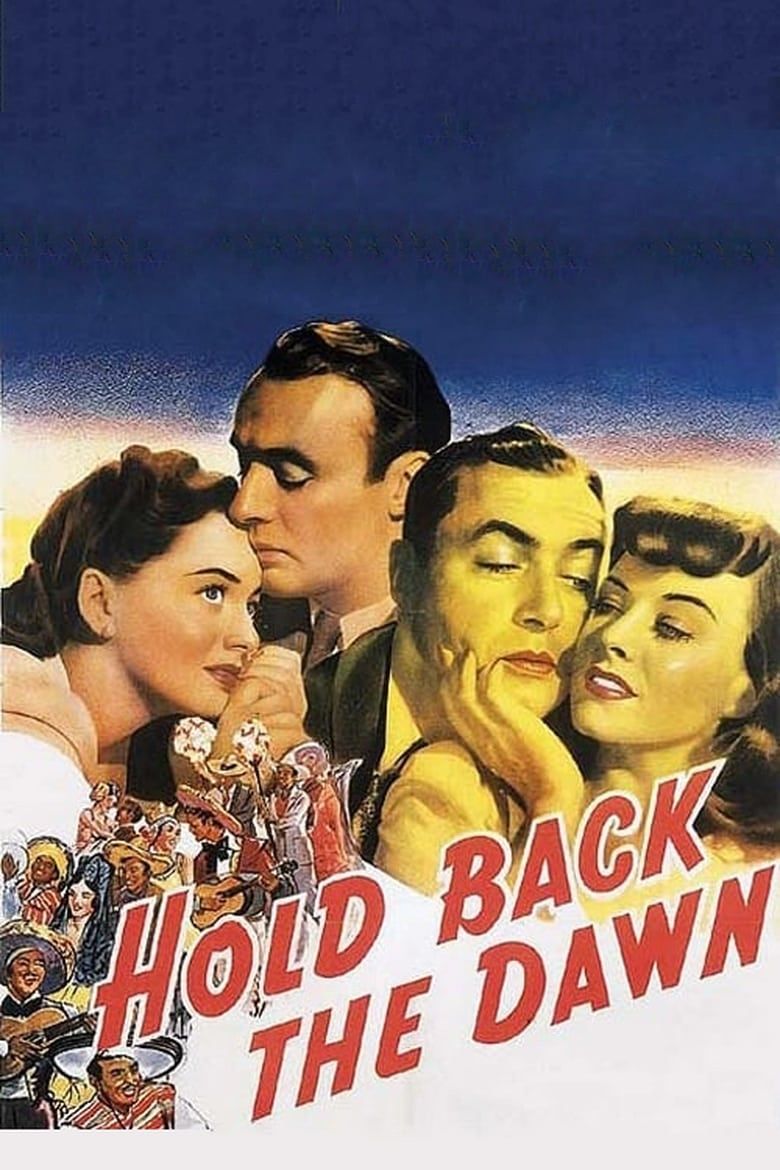
Hold Back the Dawn
- Release Date
-
September 26, 1941
- Runtime
-
116 minutes
- Director
-
Mitchell Leisen
8
‘The Major and the Minor’ (1942)
Directed by Billy Wilder
“Why don’t you get out of that wet coat and into a dry martini?” Wilder’s first Hollywood directorial effort, The Major and the Minor, is a deceptively light comedy with just enough edge to make it interesting. Ginger Rogers stars as a woman fed up with New York who disguises herself as a twelve-year-old to snag a cheaper train ticket back home. Her plan backfires when she’s taken under the wing of a military school major (Ray Milland), who believes she’s just an innocent child.
It’s quite an odd premise, but Wilder and Brackett use the farcical setup to comment on gender and perception. No character is spared from delightfully cringeworthy exchanges, especially when the topic turns to matters of romance and sexual tension. In the end, while flawed, The Major and the Minor is strikingly assured for a directorial debut, setting the tone for Wilder’s career: sharp, subversive, and never exactly what it seems on the surface.
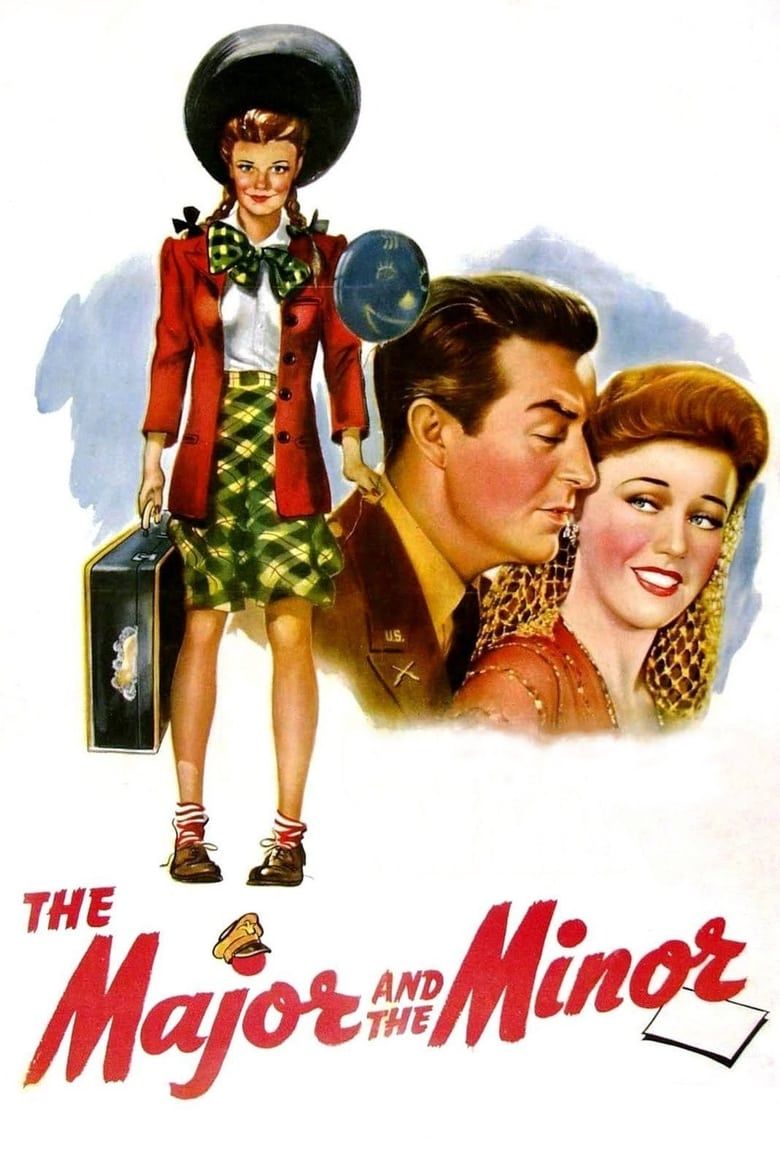
The Major and the Minor
- Release Date
-
September 16, 1942
- Runtime
-
100 minutes
- Director
-
Billy Wilder
7
‘Five Graves to Cairo’ (1943)
Directed by Billy Wilder
“We shall see, Sergeant. We shall see who is the better actor—you or I.” Set in a remote desert hotel during World War II, Five Graves to Cairo follows a British soldier (Franchot Tone) posing as a dead waiter to spy on Nazi Field Marshal Rommel (Erich von Stroheim). The stakes are intimate but intense, as layers of deception pile up and the protagonist struggles to keep his cover intact while uncovering a German plot. It’s an espionage thriller shot through with wartime suspense; tense, smart, and stylistically lean.
Wilder’s tight direction keeps the pressure simmering, while Brackett’s co-writing ensures the characters remain sharply drawn and morally murky. What sets Five Graves to Cairo apart is its focus on ordinary individuals caught in the maelstrom of war, not seasoned spies or action heroes. The film’s central trio is all flawed, human, and unremarkable by traditional heroic standards, which makes the story all the more engaging.
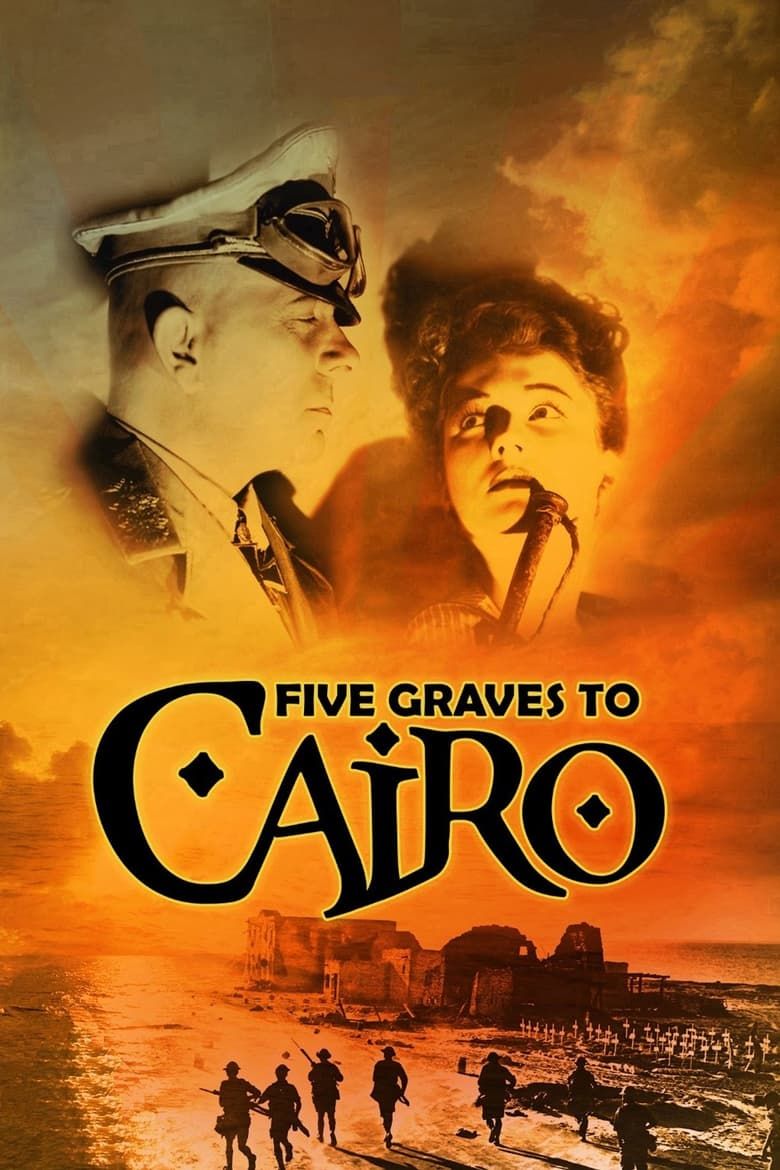
Five Graves to Cairo
- Release Date
-
May 26, 1943
- Runtime
-
96 minutes
- Writers
-
Billy Wilder
6
‘Ball of Fire’ (1941)
Directed by Howard Hawks
“That’s the kind of thing that gets me—kindness. It’s like throwing a drowning man both ends of the rope.” In Ball of Fire, Wilder and Brackett team up with director Howard Hawks (His Girl Friday, Rio Bravo) for a screwball comedy that’s as fast-talking as it is warm-hearted. Gary Cooper plays Bertram Potts, a socially awkward professor who meets Sugarpuss O’Shea (Barbara Stanwyck), a nightclub singer with a gangster boyfriend and a vocabulary that dazzles. She moves into the researchers’ house ostensibly to teach them about modern slang, bringing with her chaos, charm, and unexpected tenderness.
The film maintains a buoyant, easygoing tone throughout, even if the pacing is occasionally off and some scenes feel like filler. But the Wilder-Brackett script hums—every line crackles, every joke is character-driven, and the film never loses sight of the emotional stakes beneath the absurdity. Not to mention, the chemistry between Grant and Stanwyck does a lot of heavy lifting.
5
‘Ninotchka’ (1939)
Directed by Ernst Lubitsch
“There are going to be fewer but better Russians.” With To Be or Not to Be‘s Ernst Lubitsch directing and Wilder and Brackett on the script, Ninotchka becomes a romantic comedy that doubles as a political satire. Greta Garbo is the title character, a stern Soviet envoy sent to Paris to straighten out some bumbling comrades. There, she meets Count Leon (Melvyn Douglas), a suave aristocrat who gradually melts her icy exterior.
The film is famous for Garbo’s transformation—from stoic functionary to smitten woman—and for how it pokes gentle fun at ideologies. Indeed, Wilder and Brackett’s script is sly, lampooning both Soviet severity and capitalist decadence with equal glee. It’s the kind of film that sneaks complexity under the surface of charm, delivering political critique through champagne fizz and double entendres. On the acting side, Garbo, in her first comedic role, is magnetic—deadpan one minute, luminous the next, undeniably the star.
4
‘Midnight’ (1939)
Directed by Mitchell Leisen
“Isn’t that just like a man—expecting a woman to be happy because he’s in love with her?” In Midnight, Wilder and Brackett unleash one of their most sparkling scripts, aided by the lush direction of Mitchell Leisen. The plot spins around Eve Peabody (Claudette Colbert), an American showgirl stranded in Paris with nothing but an evening gown and sharp wit. She masquerades as a baroness and catches the eye of a wealthy playboy, all while a cab driver (Don Ameche) pines for her on the sidelines.
Midnight is a breezy melding of a mistaken-identity caper and a Cinderella story, brimming with wit, sarcasm, and deft character interplay. It has a few flaws (like John Barrymore blatantly reading cue cards in certain scenes) but compensates with an abundance of charm, class commentary, and romantic mischief. The movie is an easy watch at just 94 minutes and is way more accessible than most 1930s movies.
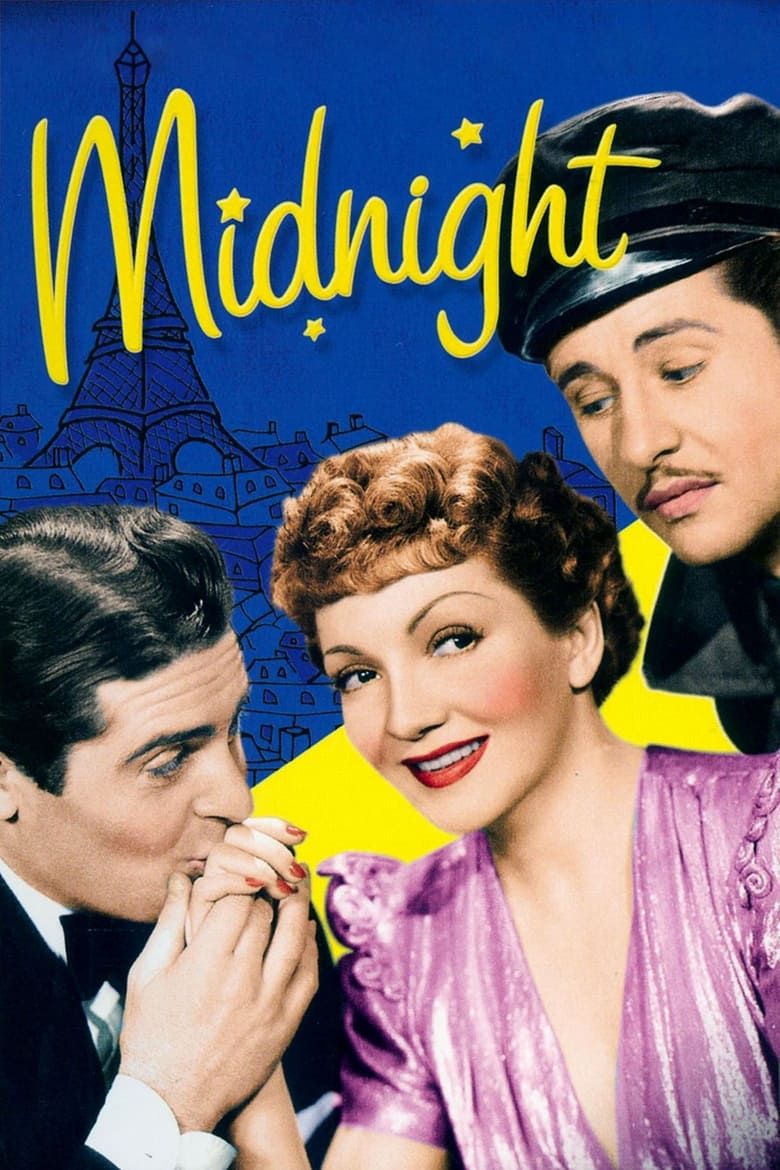
Midnight
- Release Date
-
March 24, 1939
- Runtime
-
94 minutes
- Director
-
Mitchell Leisen
3
‘The Lost Weekend’ (1945)
Directed by Billy Wilder
“One drink’s too many and a hundred’s not enough.” Ray Milland carries this taboo-shattering drama as Don Birnam, a failed writer spiraling into a hellish weekend of alcoholism, self-loathing, and near-madness. The film peels back the layers of addiction with unflinching honesty and formal daring at a time when these ideas weren’t often explored on screen. The Lost Weekend isn’t just about drinking—it’s about the deep well of shame that keeps the cycle going.
To express this idea, Wilder’s direction is expressionistic and claustrophobic, turning New York apartments and neon-lit bars into psychological landscapes. Still, it’s the acting that really shines: Milland’s performance won him an Oscar, and rightly so—he conveys Don’s wit, charm, and creeping desperation with terrifying precision. In telling his story, the movie boldly refuses to offer easy answers or sentimentality. That Wilder and Brackett managed to get this story past the censors and turn it into both a critical and commercial success is a testament to their brilliance.
2
‘Double Indemnity’ (1944)
Directed by Billy Wilder
“I killed him for money—and a woman.” Double Indemnity is a smoky, fatalistic noir that all but defined the genre. Walter Neff (Fred MacMurray) is an insurance salesman who gets seduced by Barbara Stanwyck’s femme fatale into plotting her husband’s murder. The plan is airtight. The chemistry sizzles. And from the opening voiceover, we know it’s all going to collapse. It’s a story of greed, lust, and self-delusion, rendered in shadows and sharp dialogue.
It all feels electric from the very first frame. Wilder directs with assured precision, and the script ensures that every line bites like a loaded pistol. Add to that the powerhouse performances — MacMurray’s tightly-wound insurance salesman and Stanwyck’s icy femme fatale — and the result is one of the most iconic and influential American films ever made. Slick or not, Double Indemnity is noir at its most seductive and calculating. Its DNA lives on in countless classics that followed.
1
‘Sunset Boulevard’ (1950)
Directed by Billy Wilder
“I am big. It’s the pictures that got small.” The final collaboration between Wilder and Brackett, Sunset Boulevard is a haunting portrait of faded fame, desperation, and delusion. William Holden stars as Joe Gillis, a struggling screenwriter who falls into the orbit of Norma Desmond (Gloria Swanson), a former silent film star dreaming of a comeback. Trapped in her decaying mansion, Gillis becomes both collaborator and captive, watching as fantasy consumes reality.
Swanson’s performance is legendary: Grandiose, heartbreaking, and terrifying all at once. She’s not just a relic; she’s a living ghost of cinema itself, refusing to be forgotten. On the directing side, Wilder drenches everything in noir atmosphere with an operatic feel, perfectly complementing the script’s dissection of Hollywood cruelty. Every line of dialogue cuts like glass, and each frame is loaded with symbolic decay and delusion. More than a satire, Sunset Boulevard is a gothic horror story masquerading as a drama, a Hollywood film about its dark side.

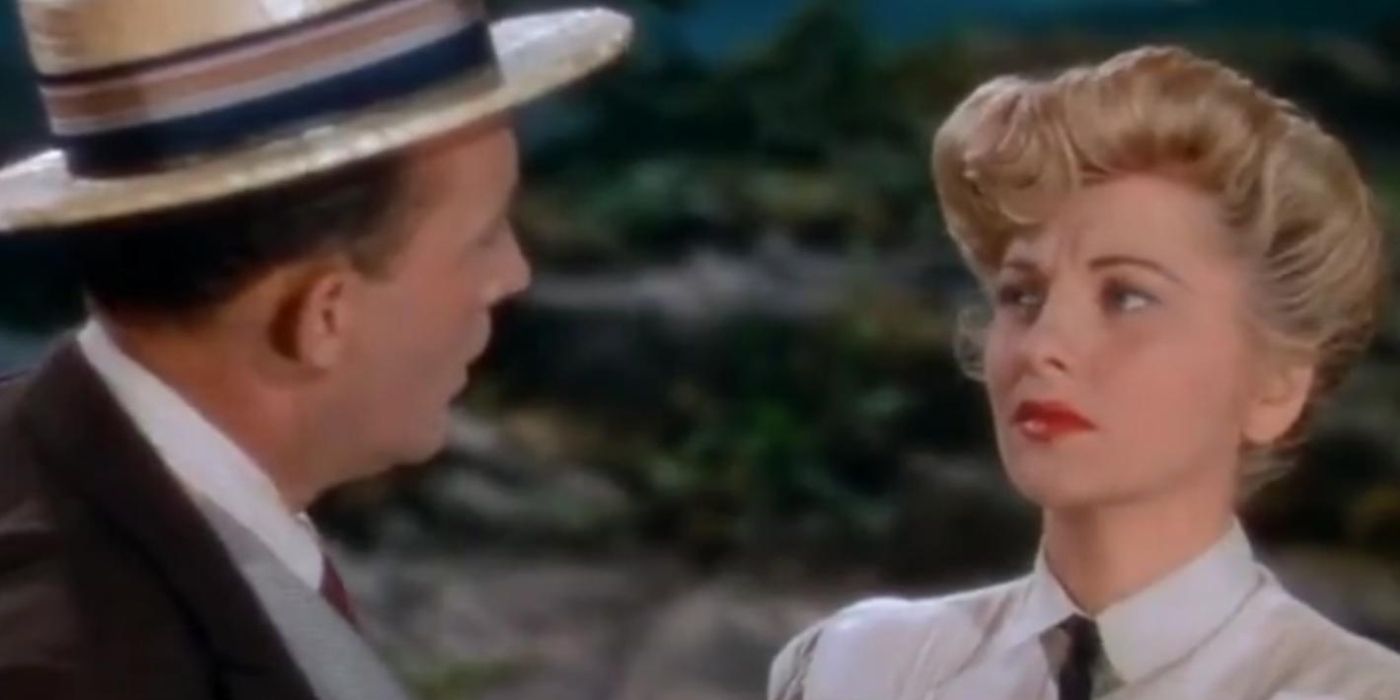
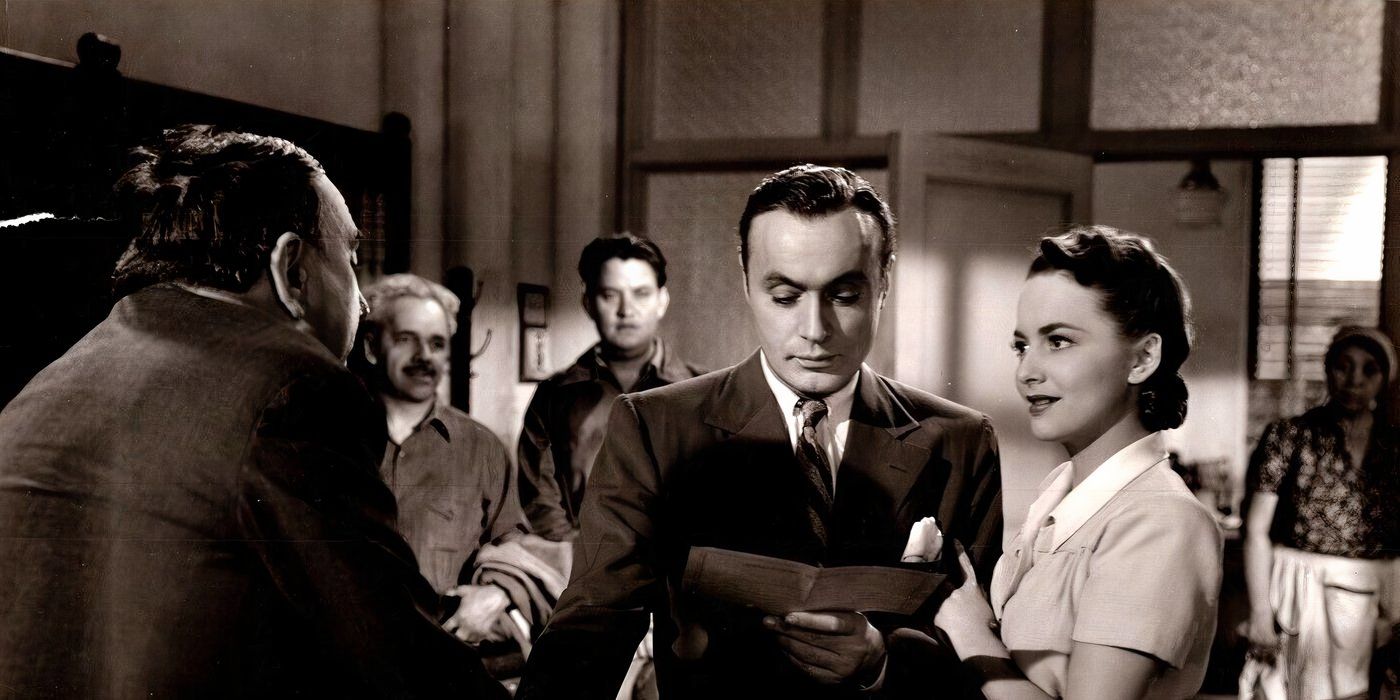
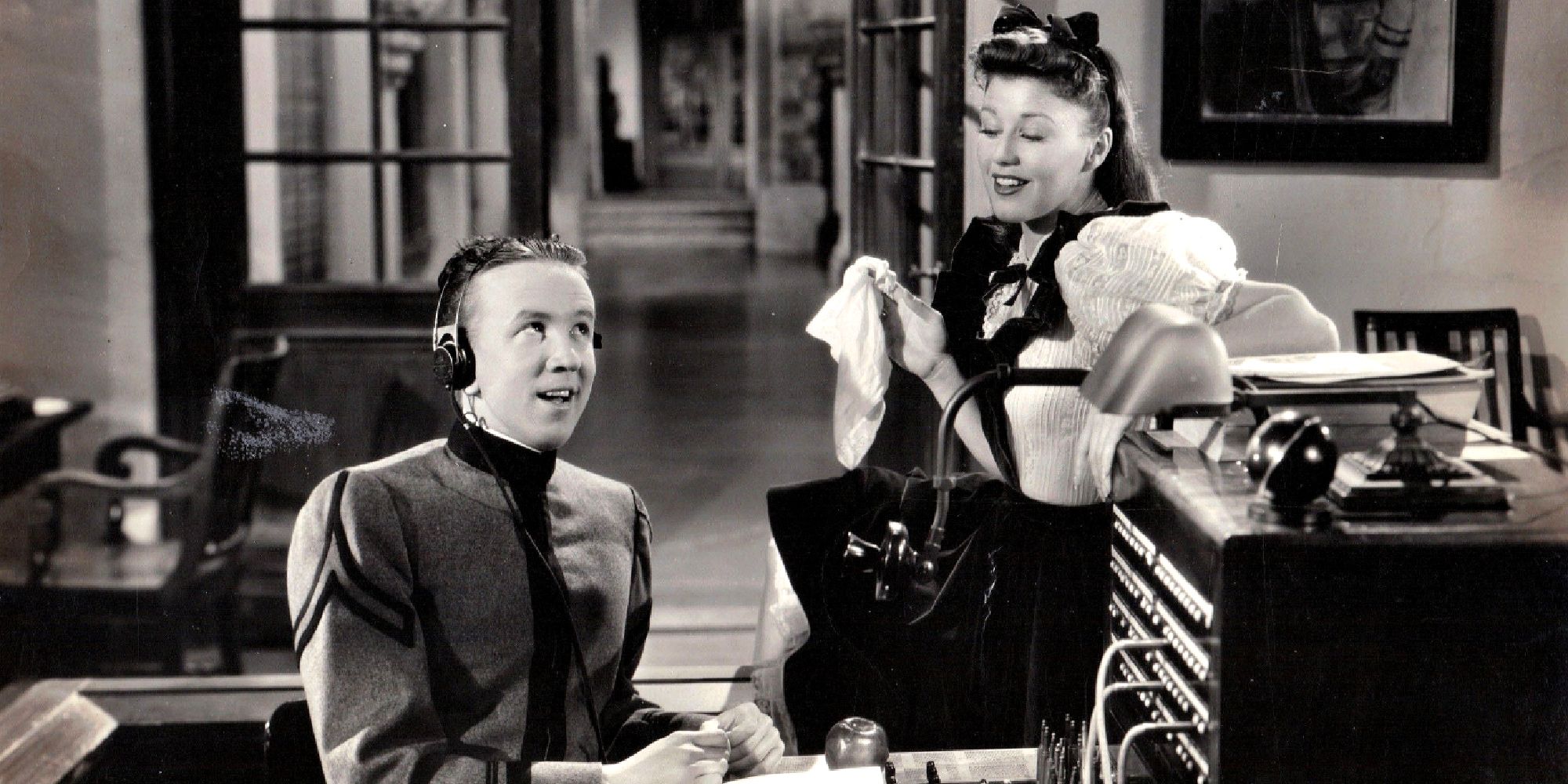
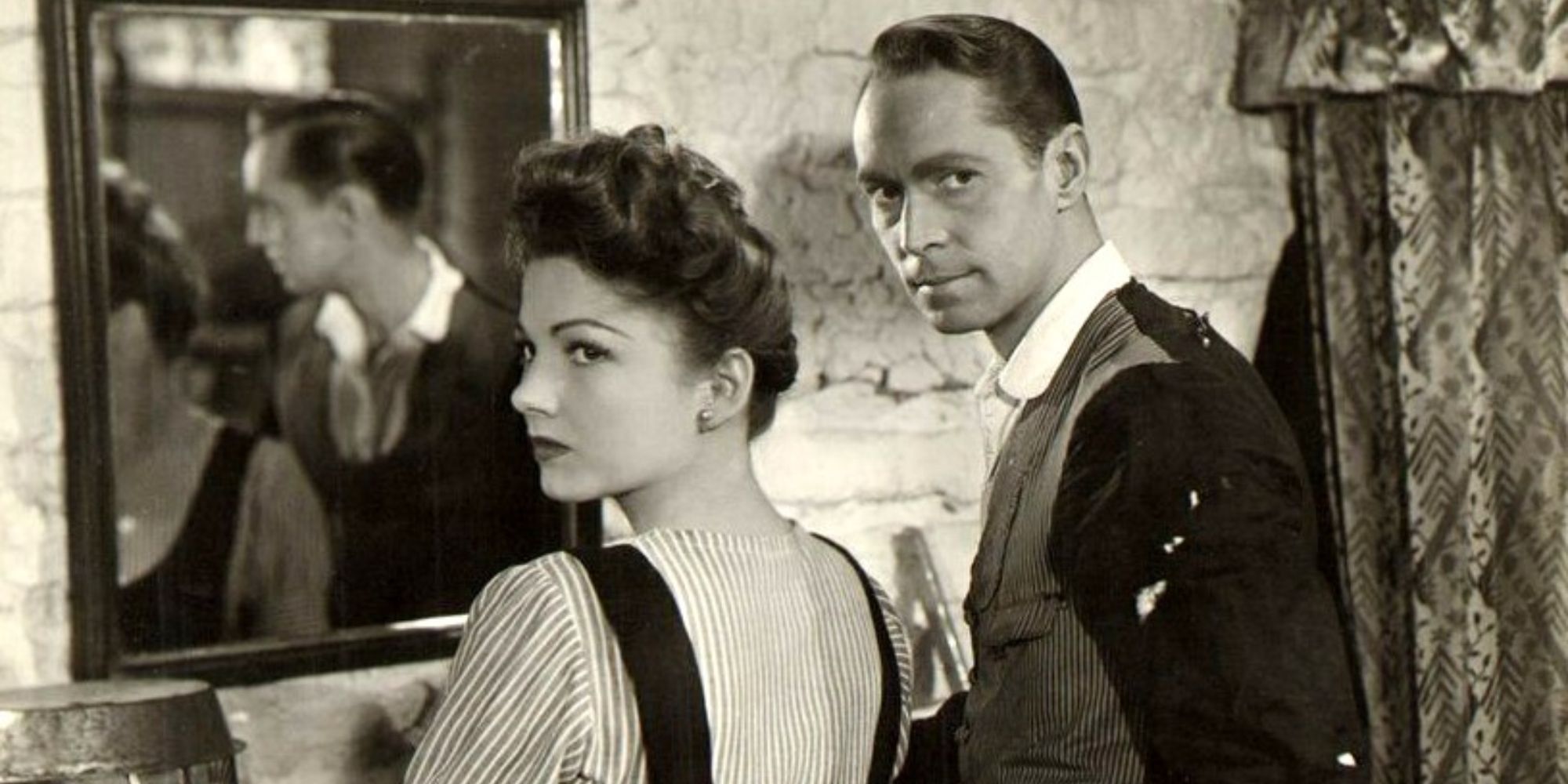
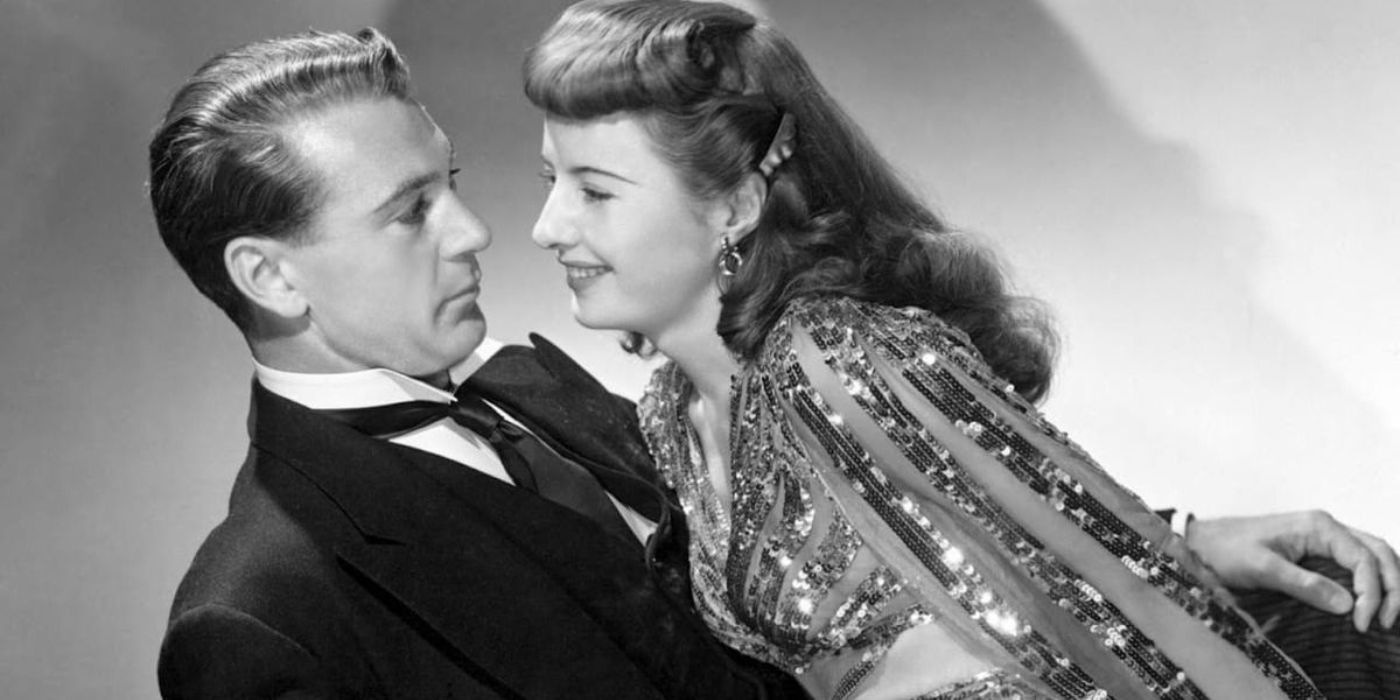
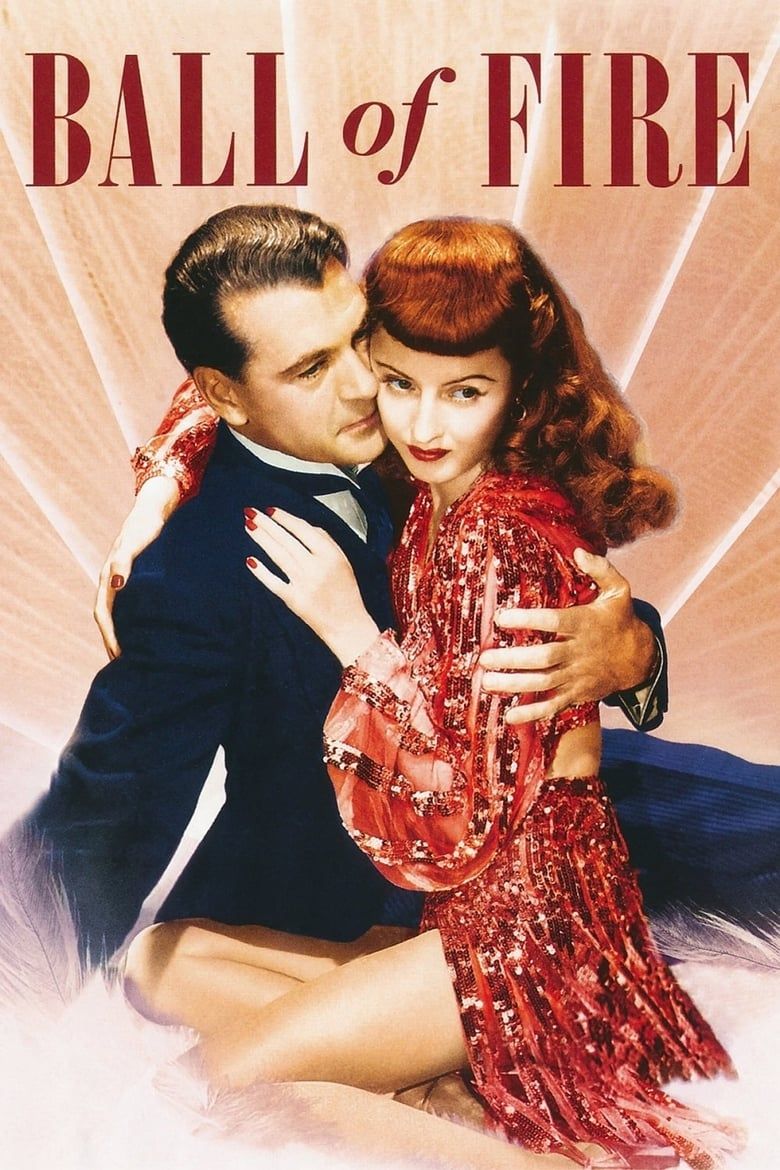
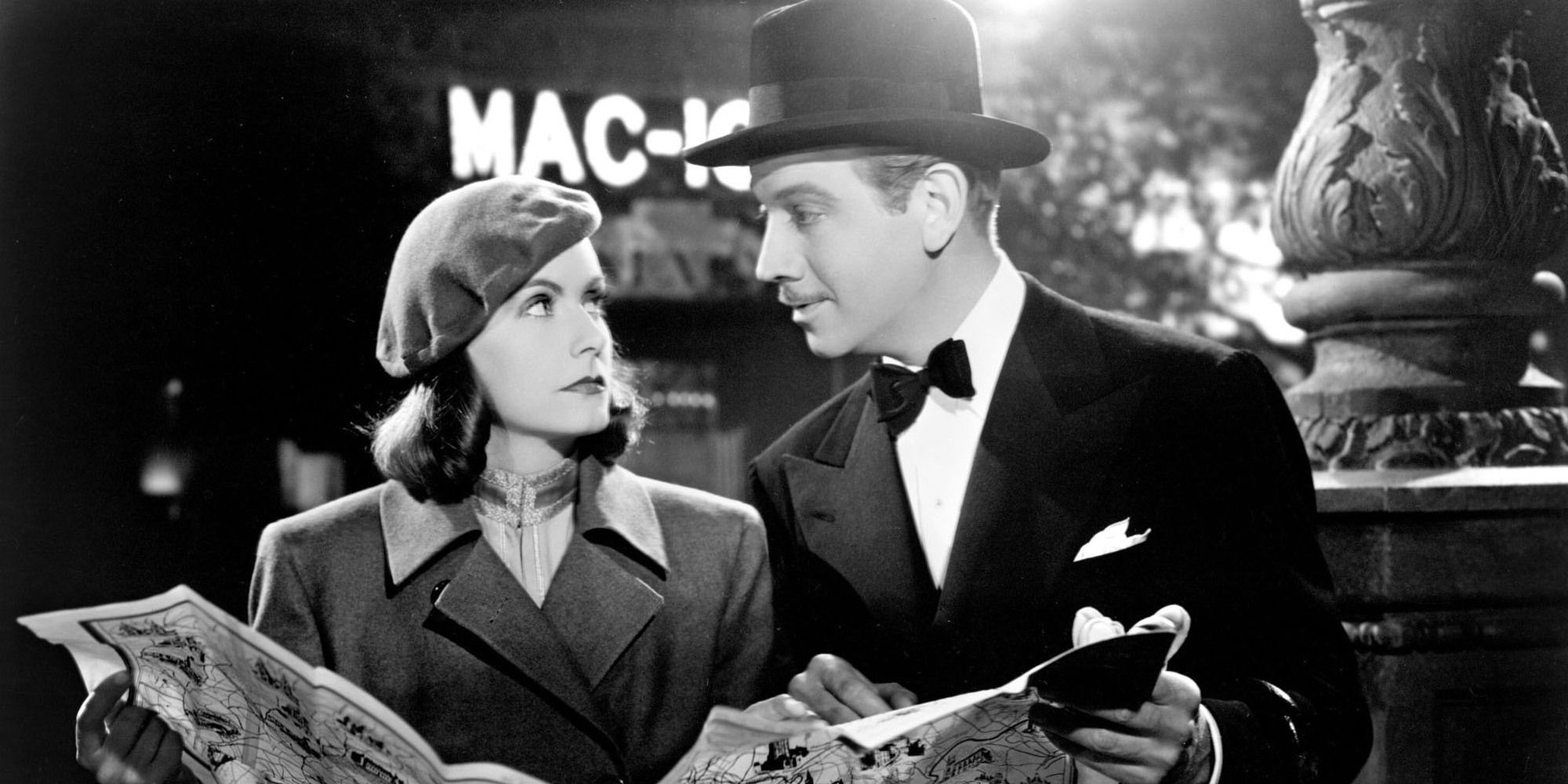
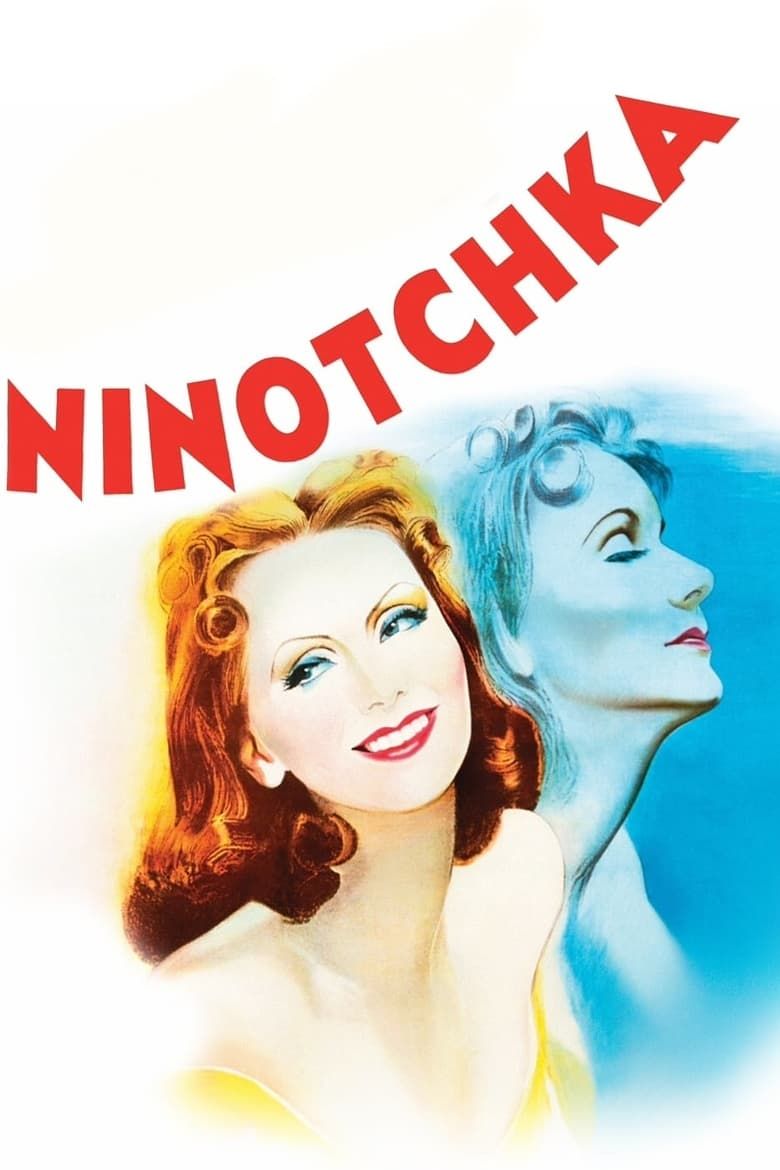
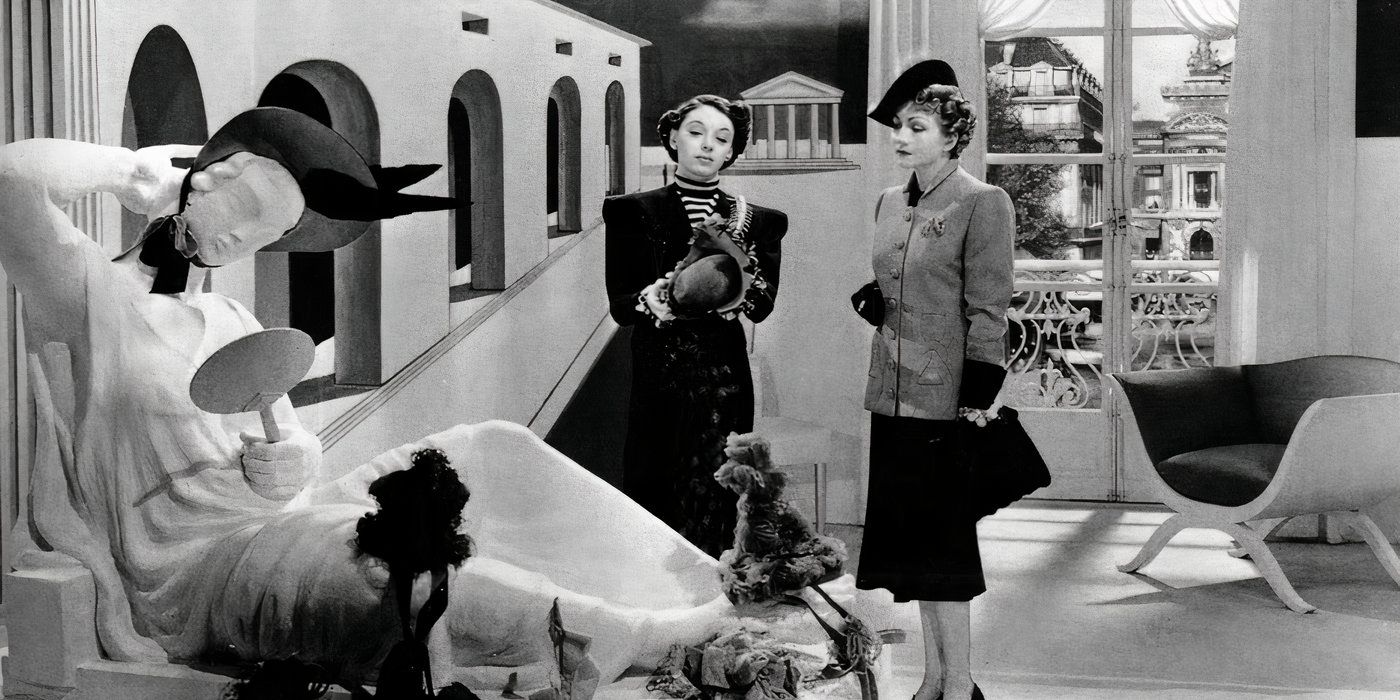
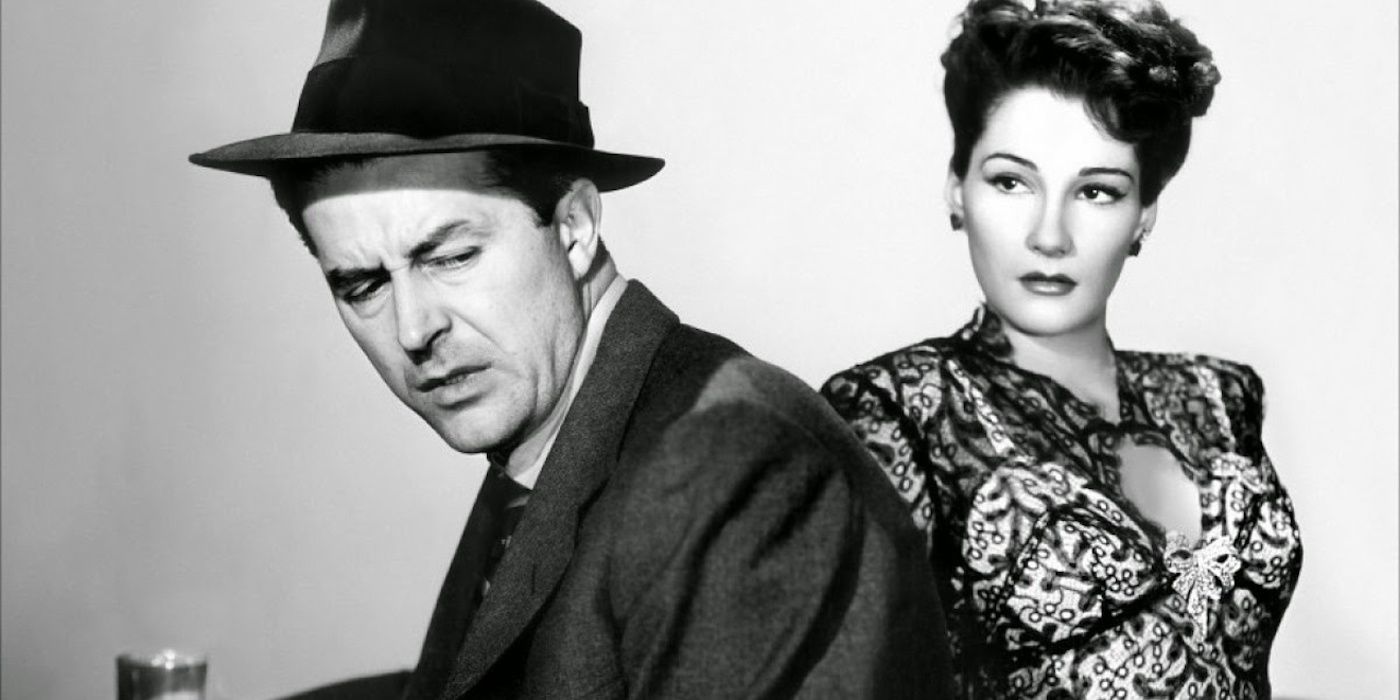
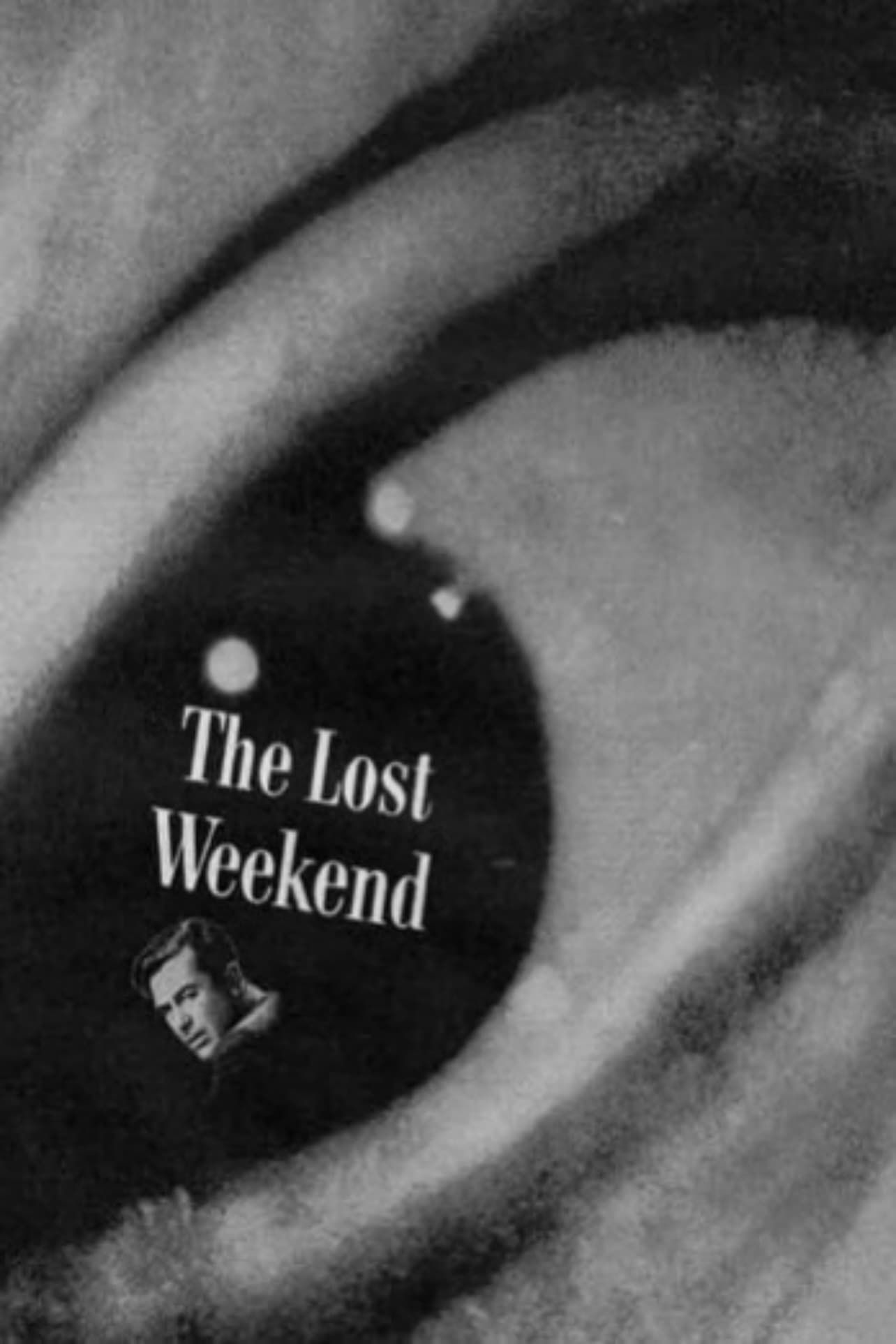
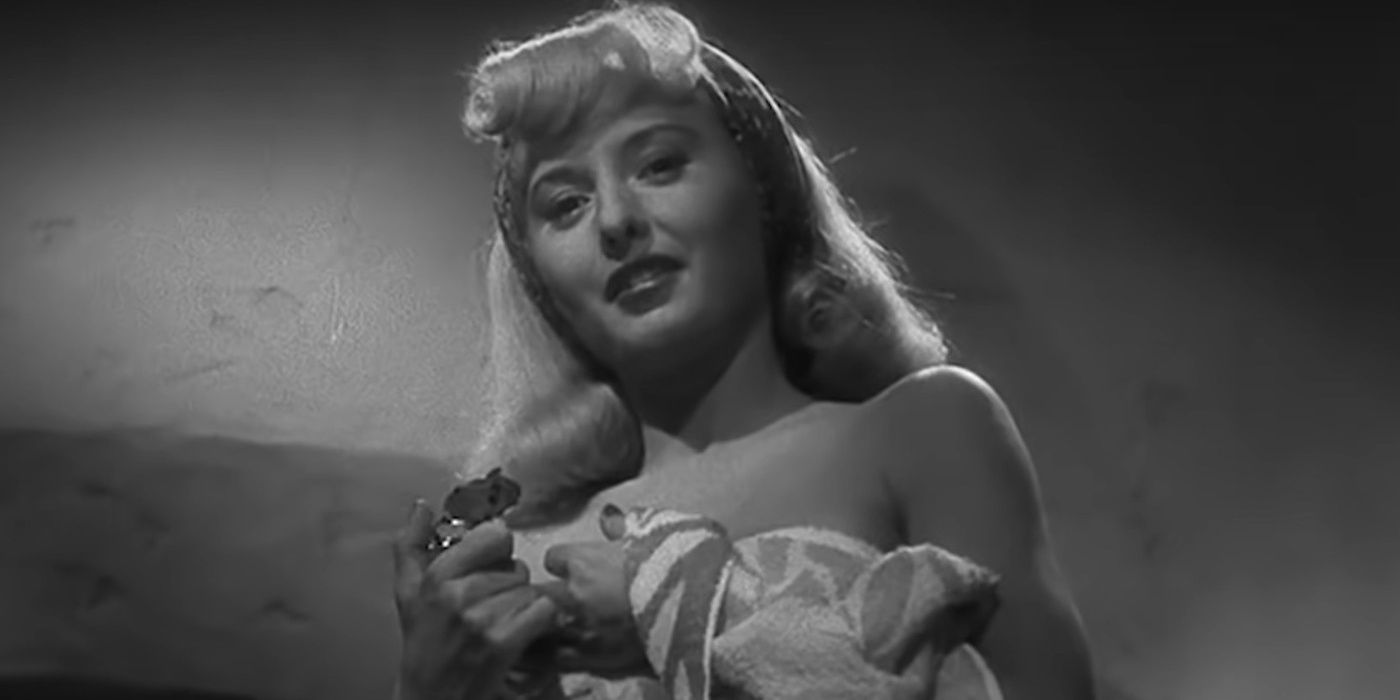
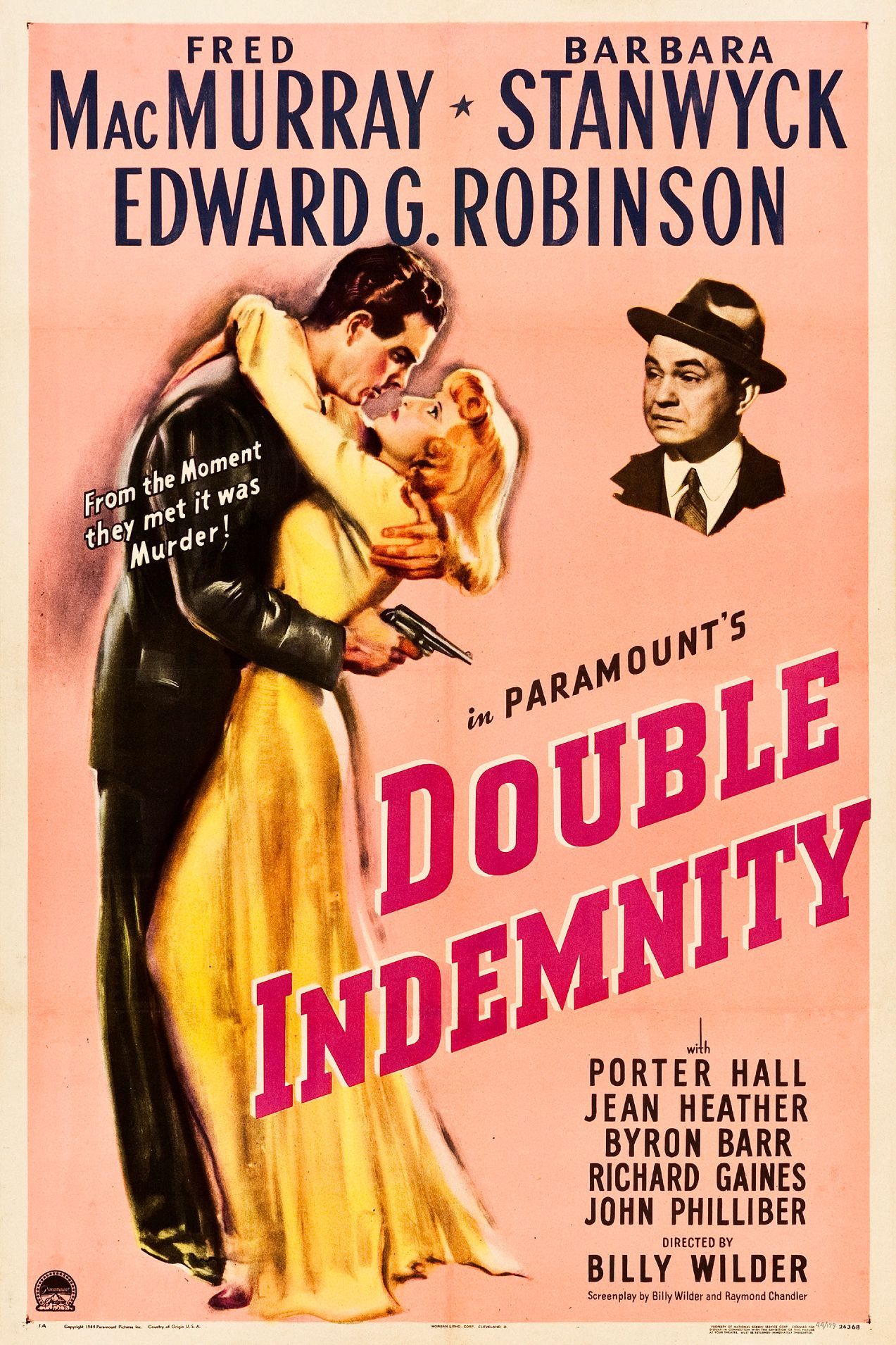
.jpg)




